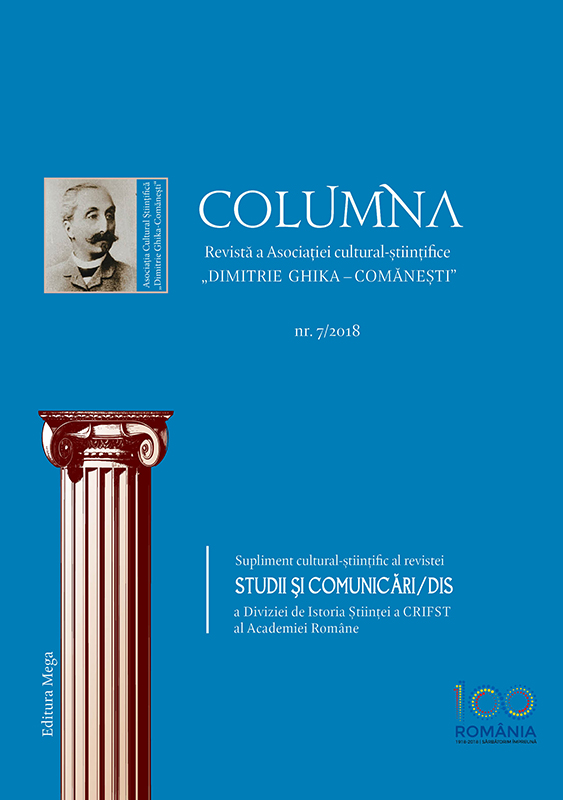Educatia ecologica - educatie pentru sanatatea pamantului
Environmental education - education for the health of the Earth
Author(s): Felicia OpranSubject(s): Education and training, Human Ecology
Published by: Asociația Cultural Științifică „Dimitrie Ghika-Comănești”
Keywords: environment; nature; decision‑makers; education; behaviors;
Summary/Abstract: Contemporary ecology studies the structure, functionality and conservation of ecosystems. Human civilization plays a very important role in the evolution of ecosystems on our planet, but unfortunately, man does not seem to be aware of the immense role he has. In order to know the way this system works, and we are part of it, it is essential that man is educated in spiritual respect for the environment so that he becomes aware that he is not the master of nature but part of it. Environmental education must develop at the level of the whole of humanity an attitude of responsibility in the use and preservation of natural resources. Interest and love for nature are, in most children, instinctive. In addition, the behaviors and beliefs of children at an early age are the ones that best preserve their lives. Childhood skills and habits are largely preserved over the course of their lives. Even young children have to form disapproving attitudes towards those who violate environmental hygiene standards, which increase pollution through irresponsible actions. Education aims to bring researchers and environmental decision‑makers closer to one another in order for the goal to be achieved. As long as the population does not know the essence of the living world to which it is surrounded and will not be sensitive to its quality, it will not seek to maintain the ecological balance. Consequently, ecological education is a fundamental condition for achieving a balance between man and nature, between ecology and the economy.
Journal: COLUMNA
- Issue Year: 2018
- Issue No: 7
- Page Range: 299-304
- Page Count: 6
- Language: Romanian

